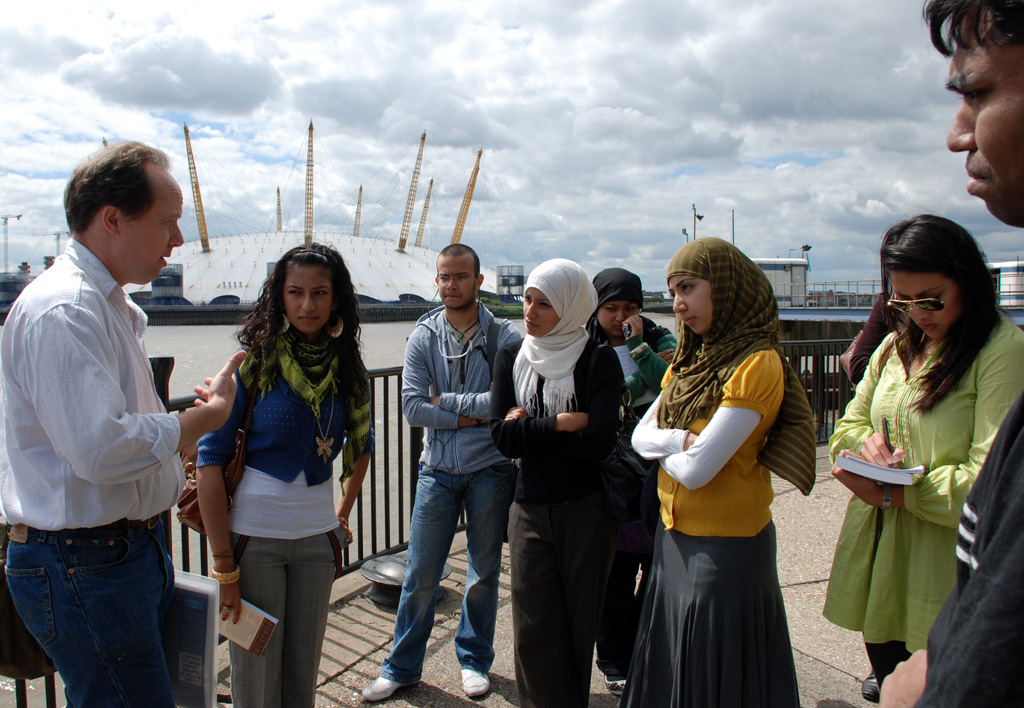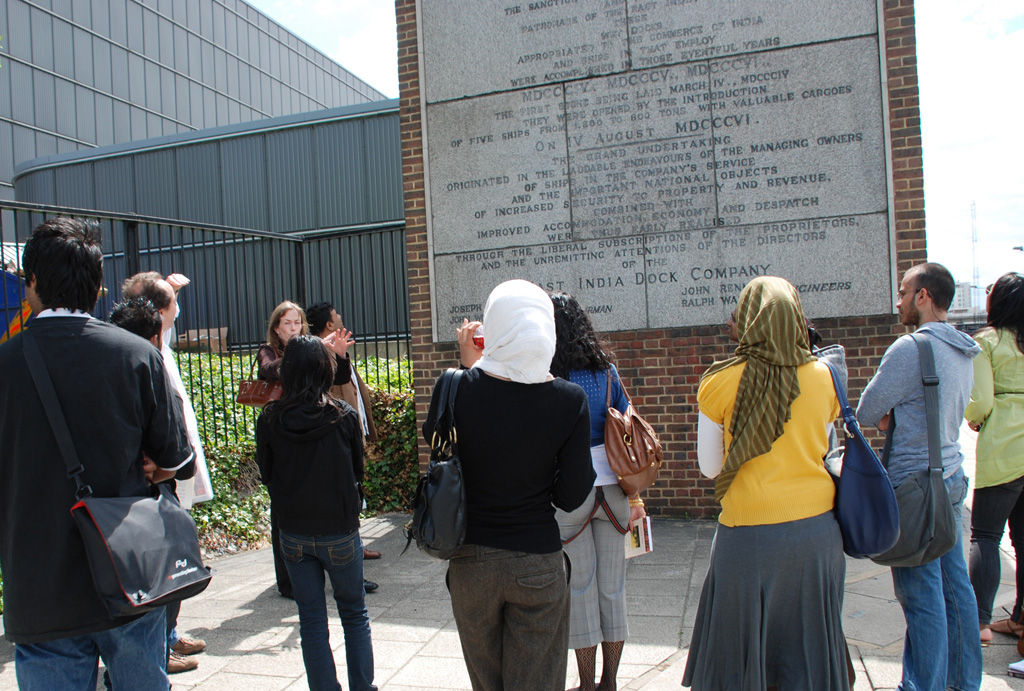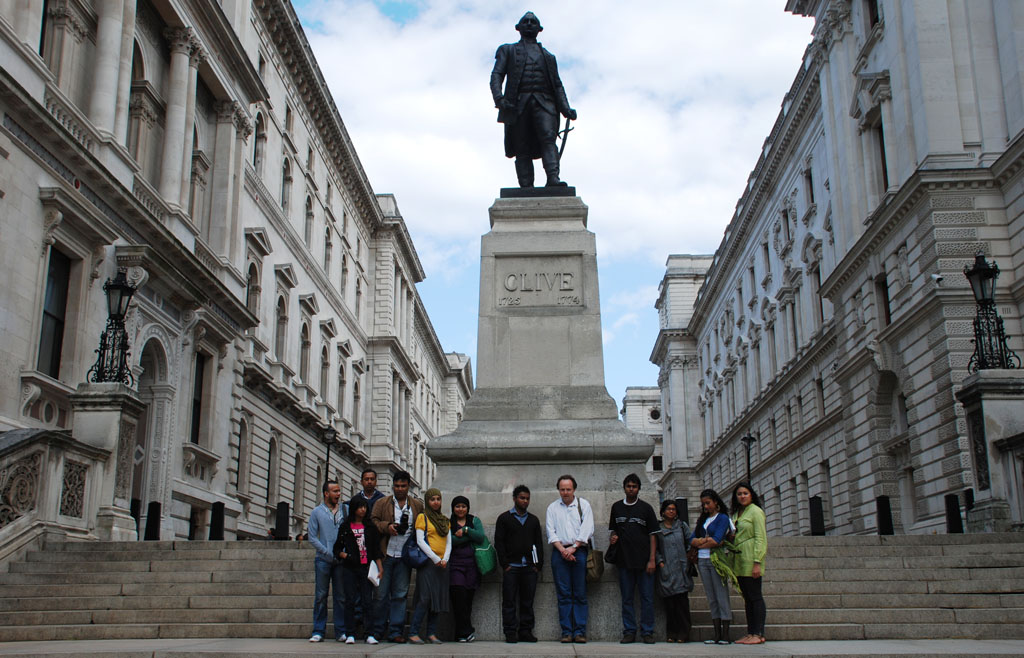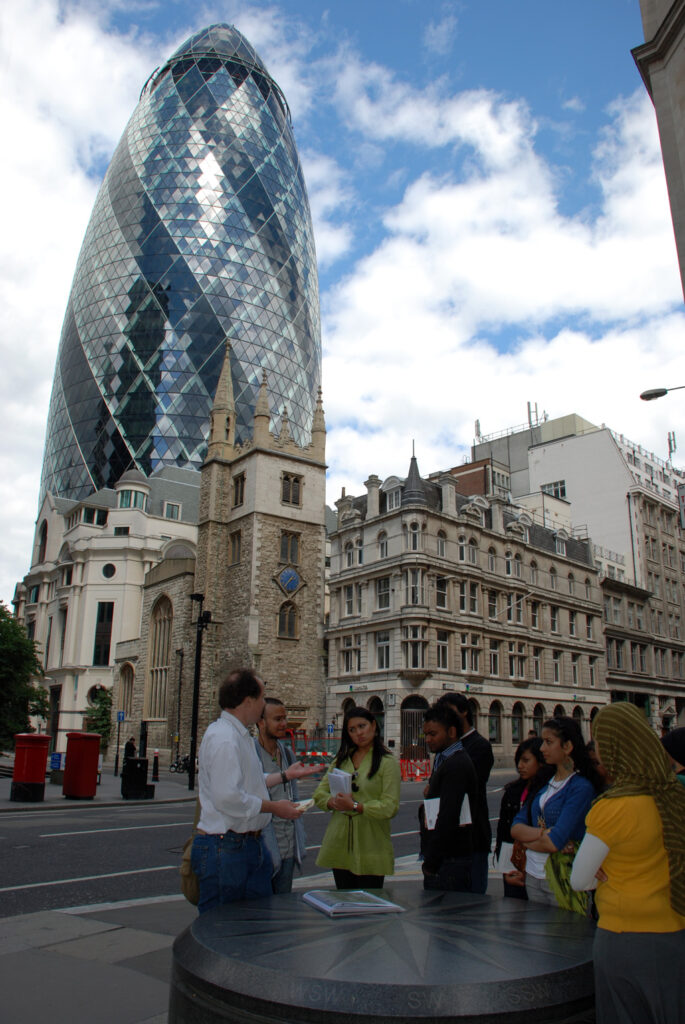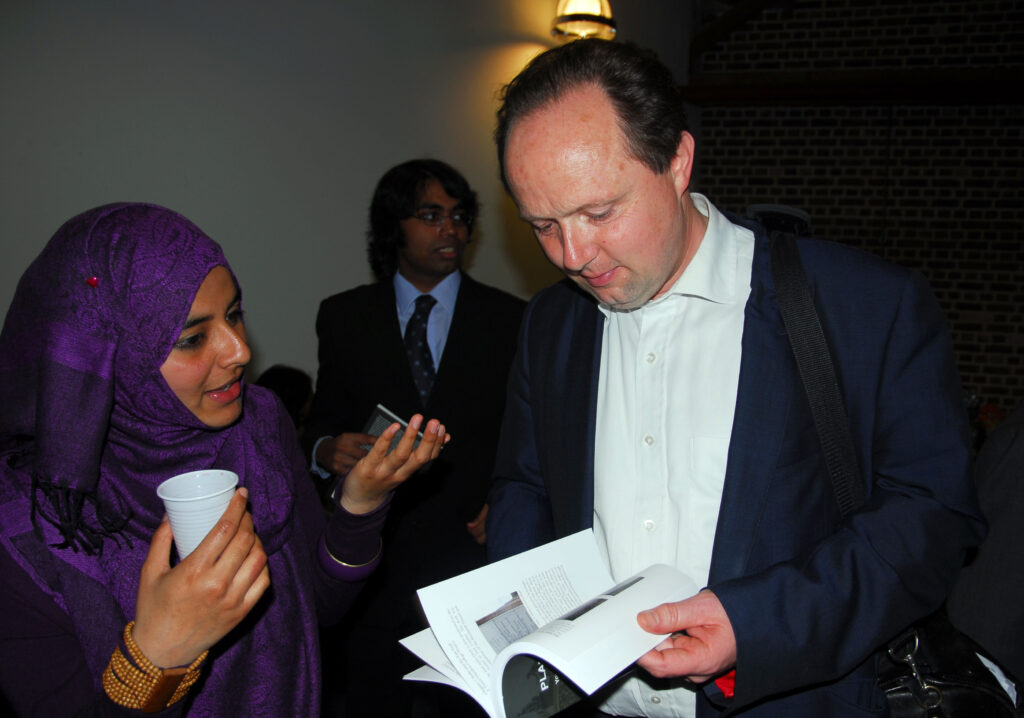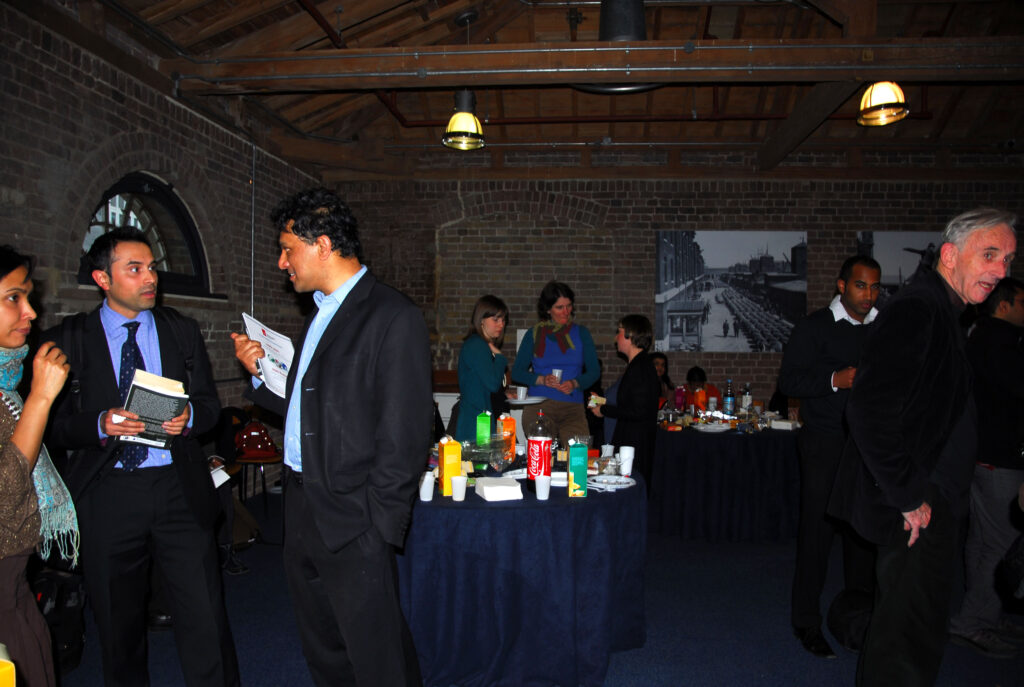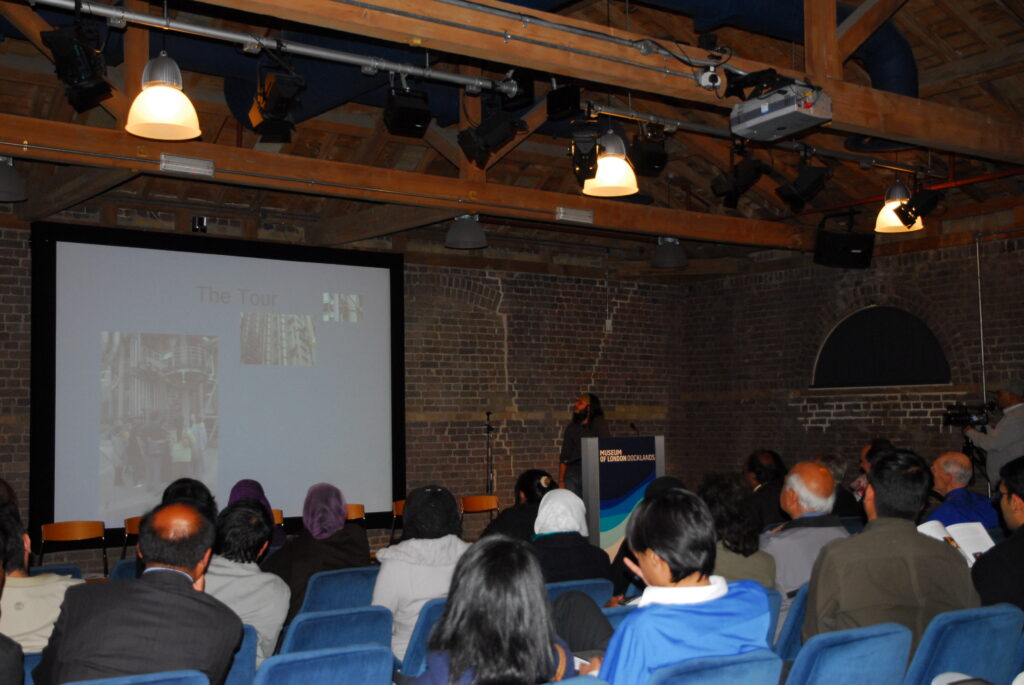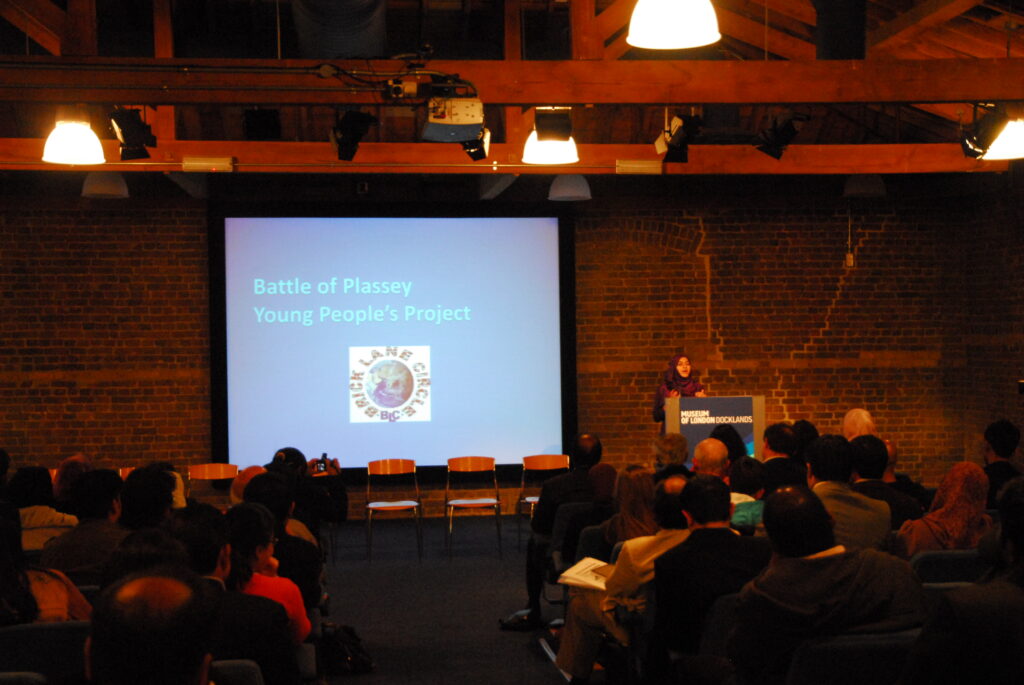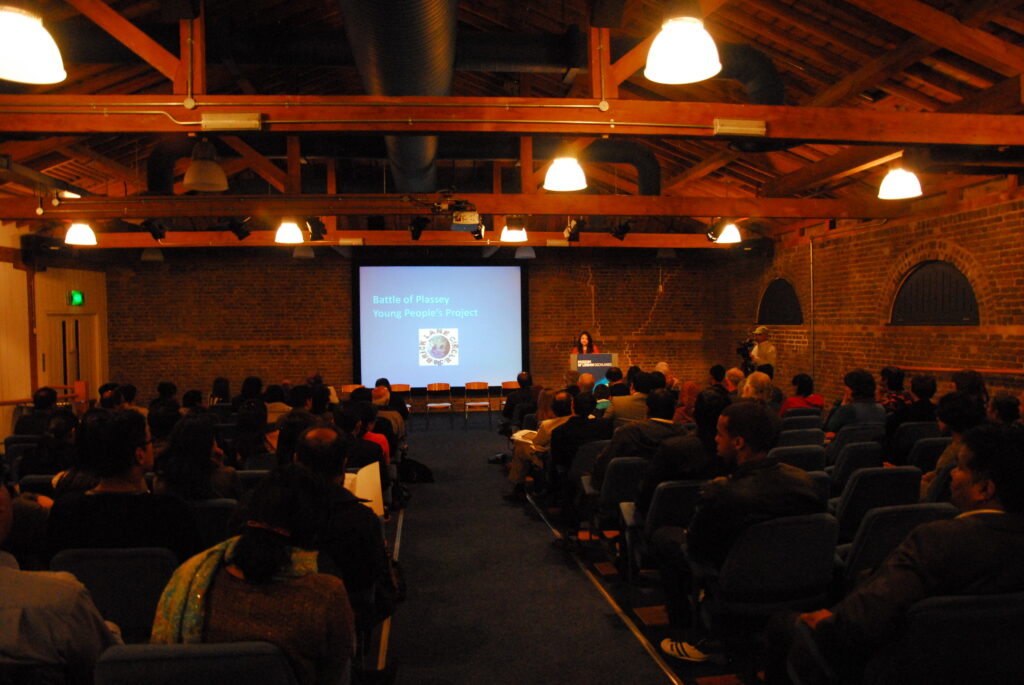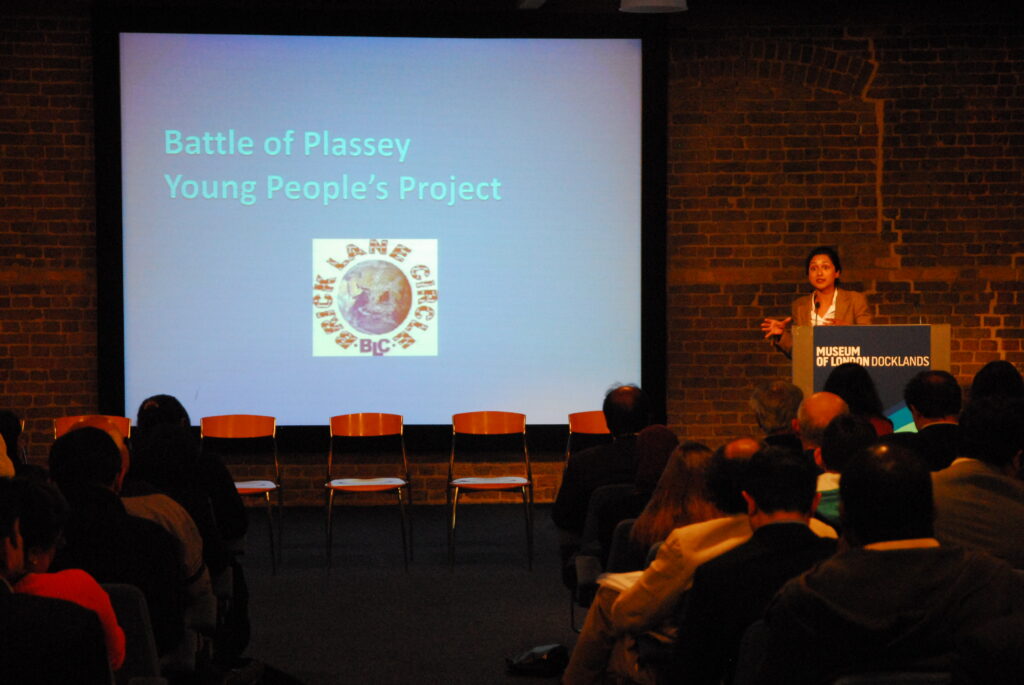The annual Bengal History Week did not arise out of a deliberate plan to hold such a yearly event. It grew out of our various works on history that Brick Lane Circle undertook and from suggestions made by people on how to improve our learning of history.

For a very long time, we, a group of friends, realised that our knowledge of history was very limited, which generated negative consequences for us. Most Bangladeshis around us seemed very ignorant of historical knowledge and what we knew was politicised history. This meant that we, as Bangladeshis, could not learn independent lessons from history as we did not know history independently. And that everyone else was interpreting our history and drawing all kinds of conclusions and directing us here and there from their implications and we were powerless to do anything about it.
So, in the 1990s, we developed a long list of historical subjects that we needed to study at the cutting-edge level to participate with others in research and interpretations. We knew that Bangladeshis were behind in this regard and that it would take a long time to catch up with others working at the cutting-edge levels, but the journey was needed and we wanted to take the first step.
We also realised that history was very powerful and that we needed to acquire some of the powers of history ourselves to engage critically with others and generate our independent historical interpretations. In this regard, we started to run seminars on historical topics included in general seminar/lecture programmes that we ran on Bangladeshi issues.
Then in 2007, came the 250th anniversary of the Battle of Plassey. To commemorate it, we organised a major one-day conference, an East India Company Walk and some poetry reading. This was followed by the running of a Heritage Lottery funded project called ‘The Battle of Plassey Young People’s Project’, where we engaged young people to research and write a book on the East India Company.
One of the end products of the project was a major exhibition on the East India Company, based on the work of the young people. It was a ten-day-long exhibition held in October 2010 at the Mile End Arts Pavilion in East London. Several talks on the history and guided tours were part of the experience of the exhibition. This was our first Bengal History Week programme.
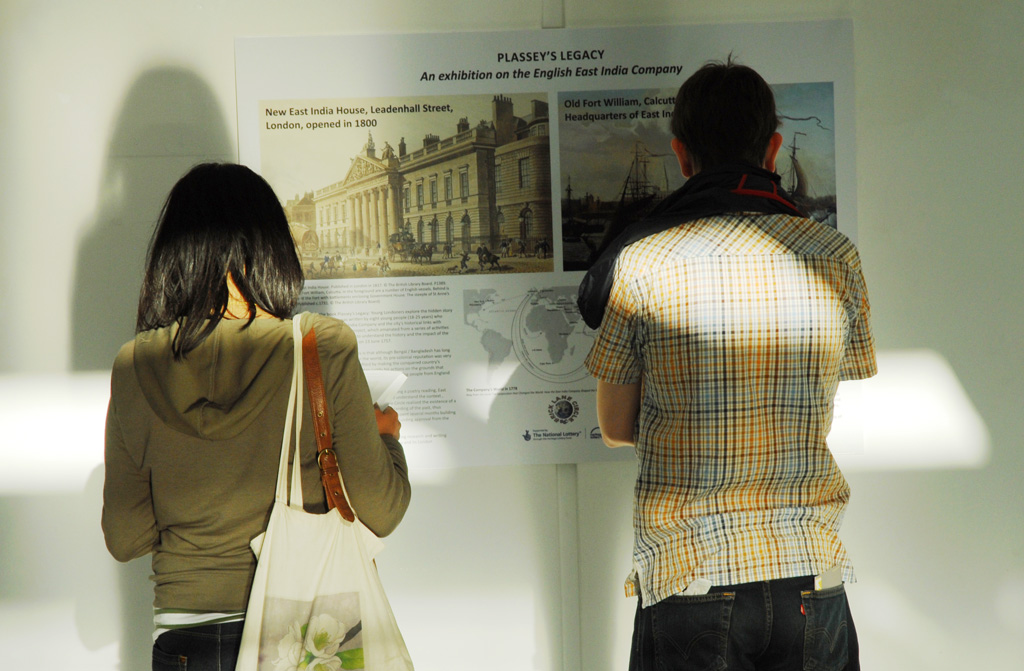
During various conversations before the exhibition in October 2010 and after the very successful ‘Plassey’s Legacy’ book Launch in May 2010 at the Museum of Docklands, one of the young participants, a Bangladeshi female, suggested that as they learnt so much about our history from the project, we should continue the learning process by holding an annual Bengal History Week. The Bengal History Week was born, as a result, in October 2010 and has continued ever since.
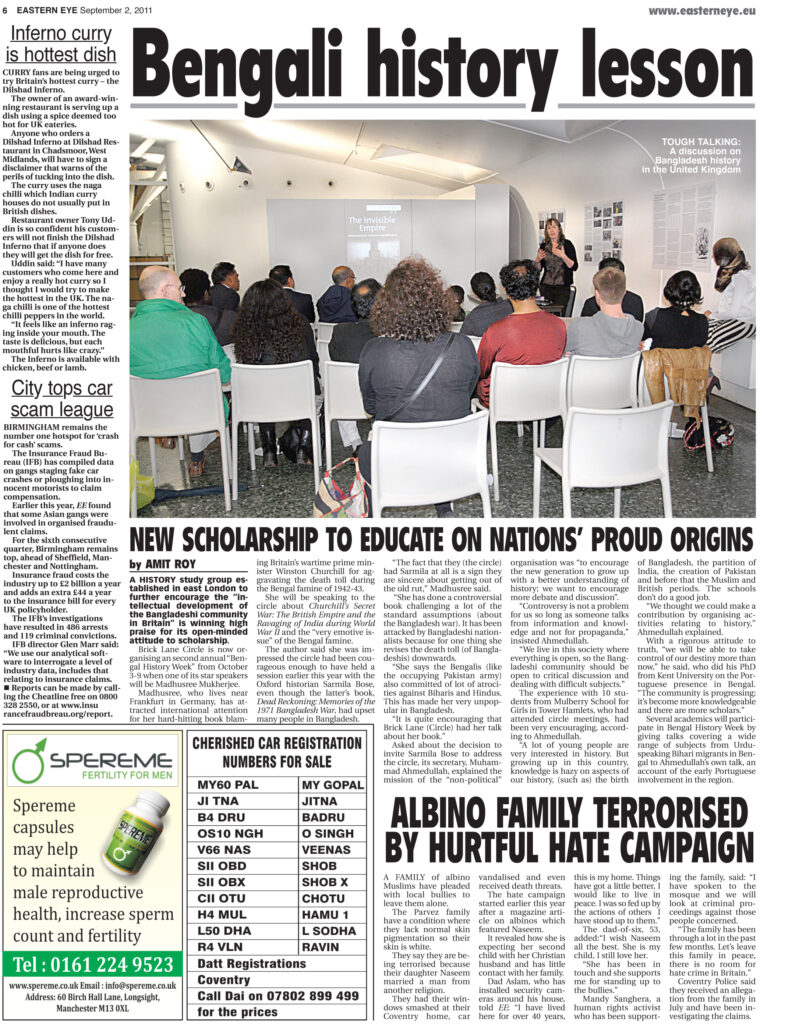
We have aimed at including as many different subjects as possible delivered by as many different individuals as possible. We try to find academics, scholars, researchers and people with knowledge of history about or linked to Bengal and then request them to tell us what subject they want to cover. We have tried to be as neutral as possible, in terms of politics and ideology, and involve people from as wide a background as possible. We welcome and encourage everyone to participate in our programmes, regardless of their ideological background.
We thank all those who supported and participated in our programmes in different ways and we look forward to their continued support as well as attract the participation of many more new people from all sorts of backgrounds.
